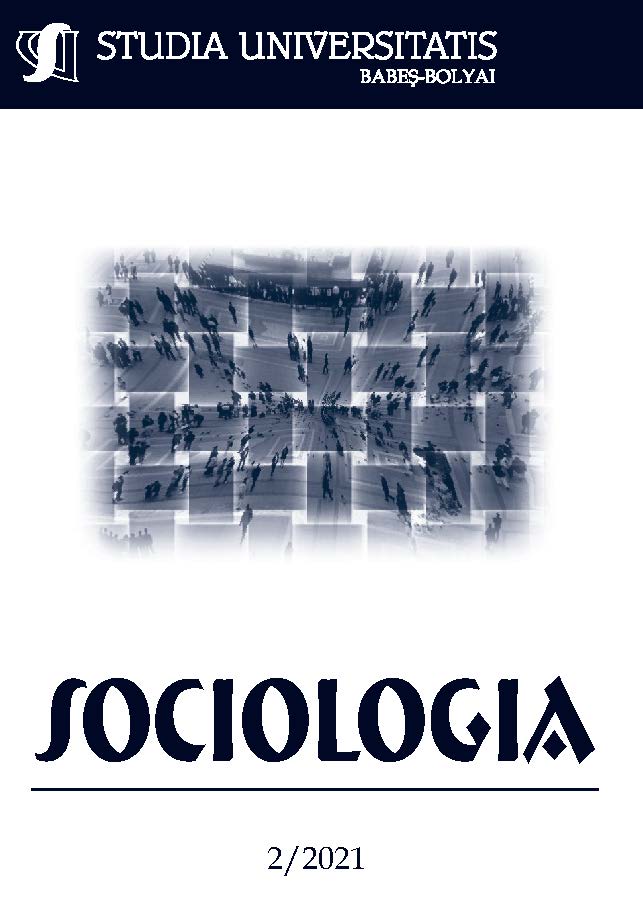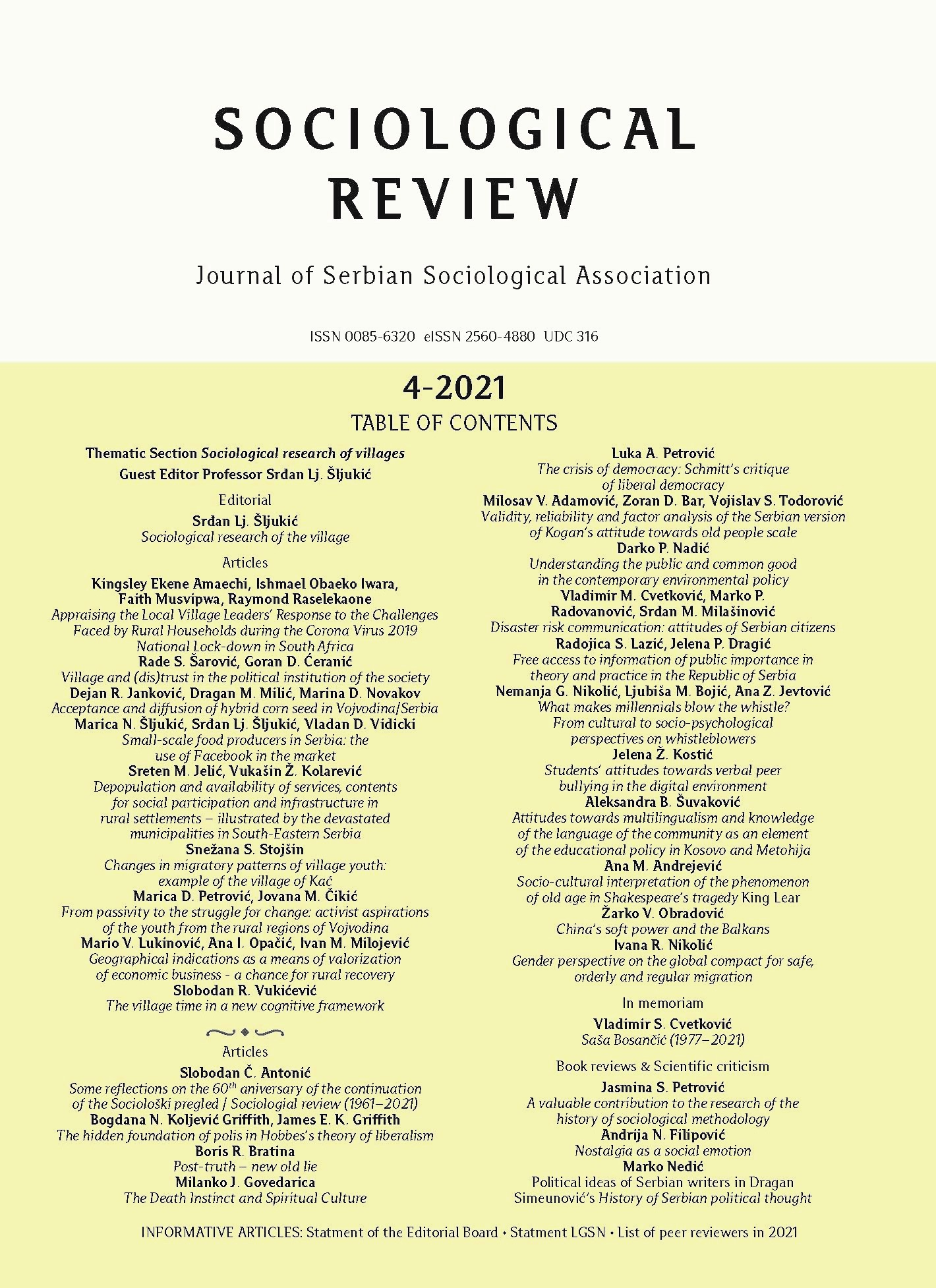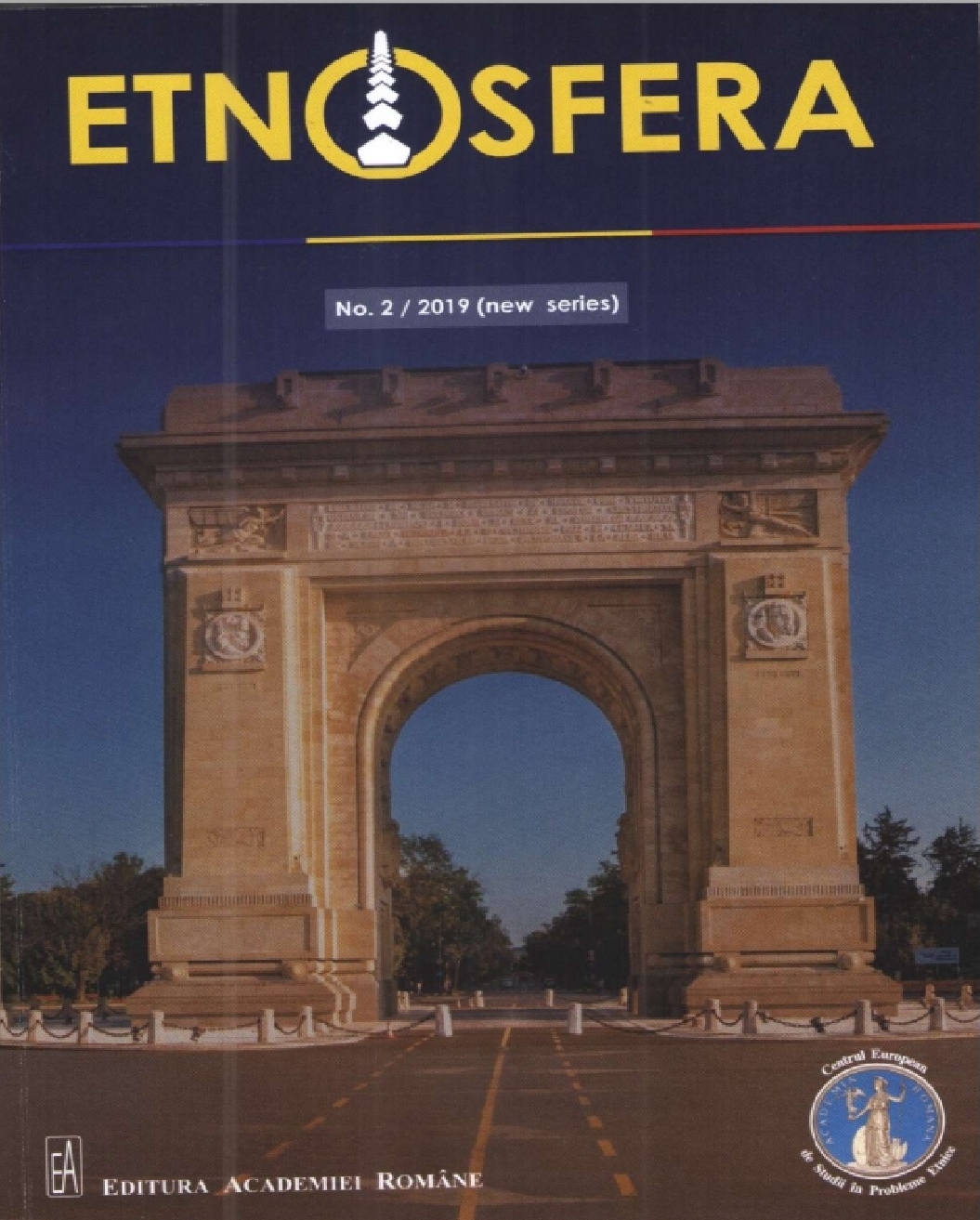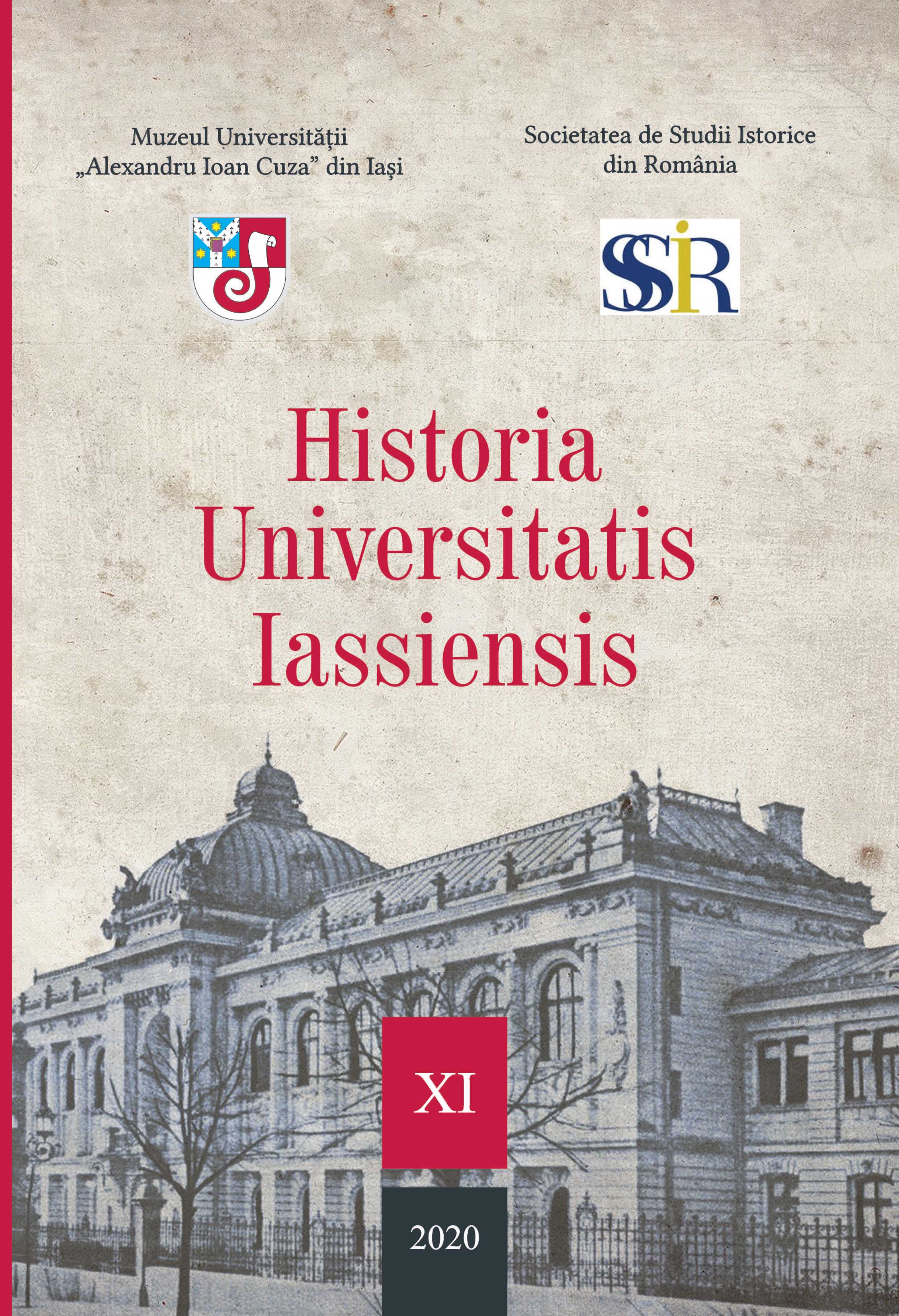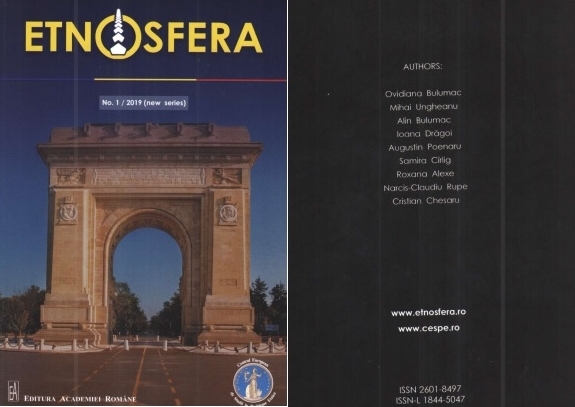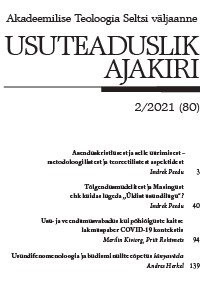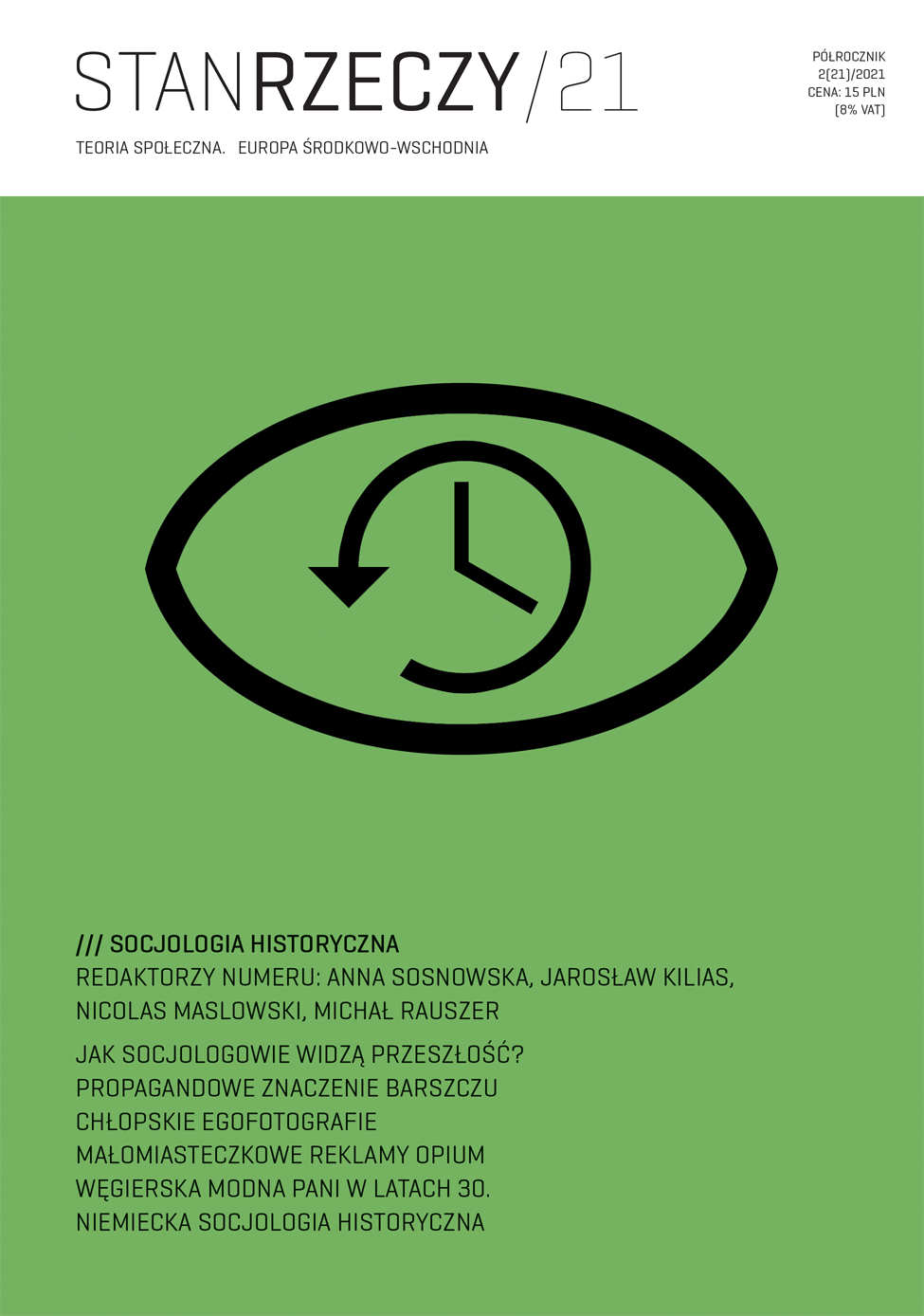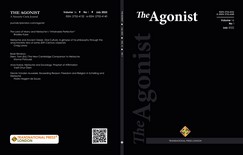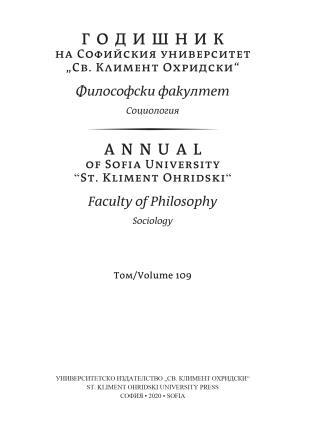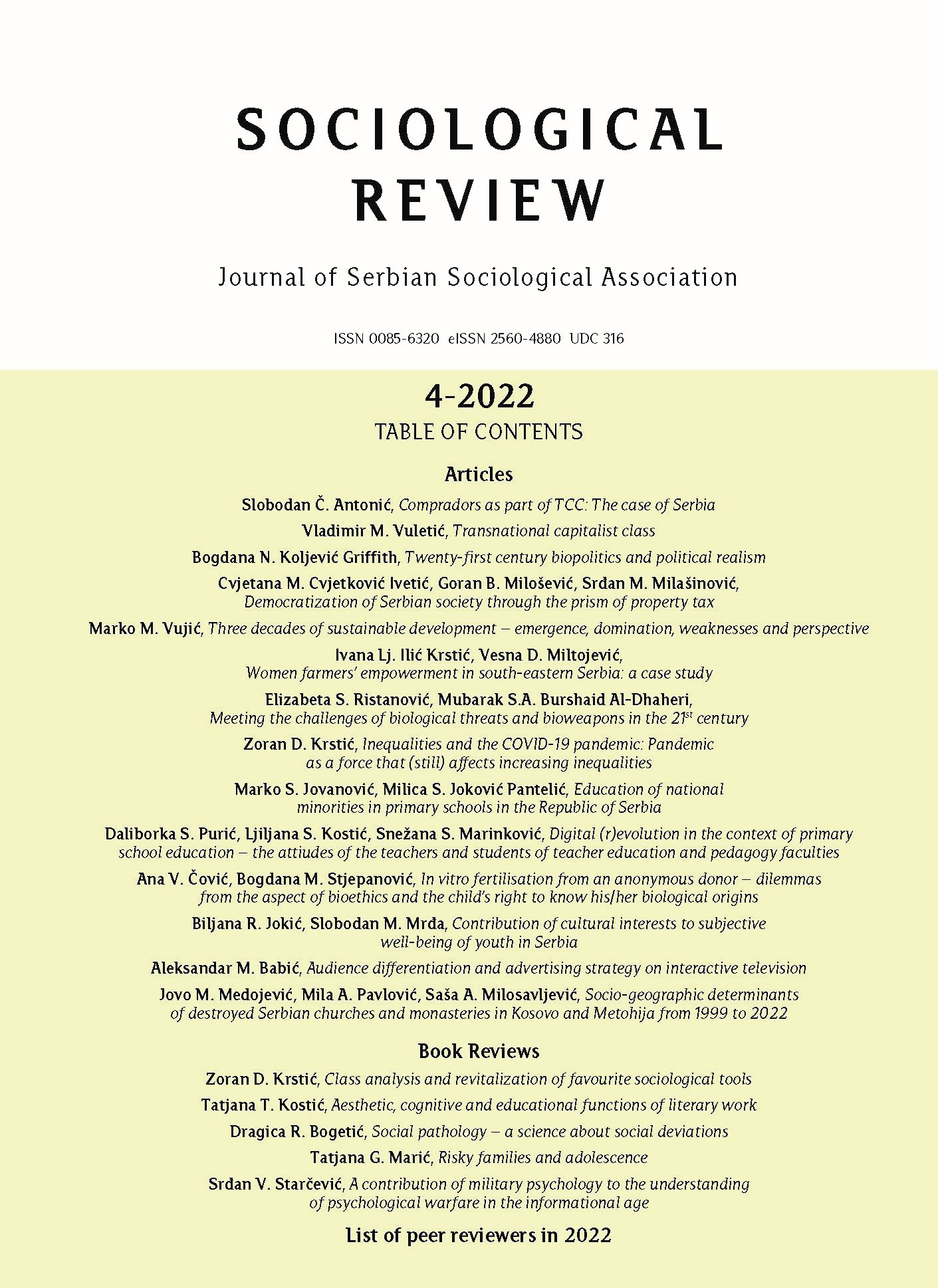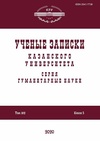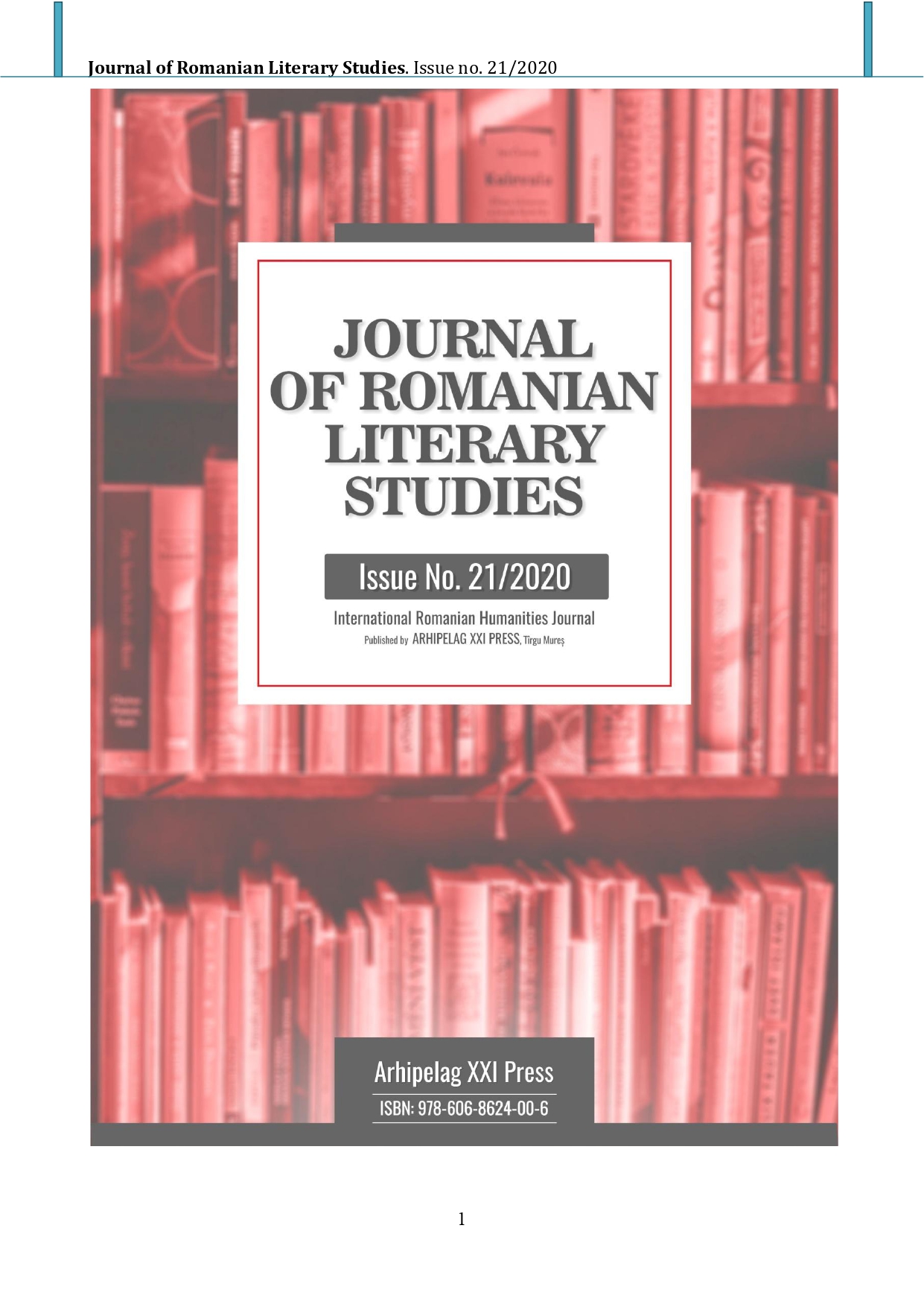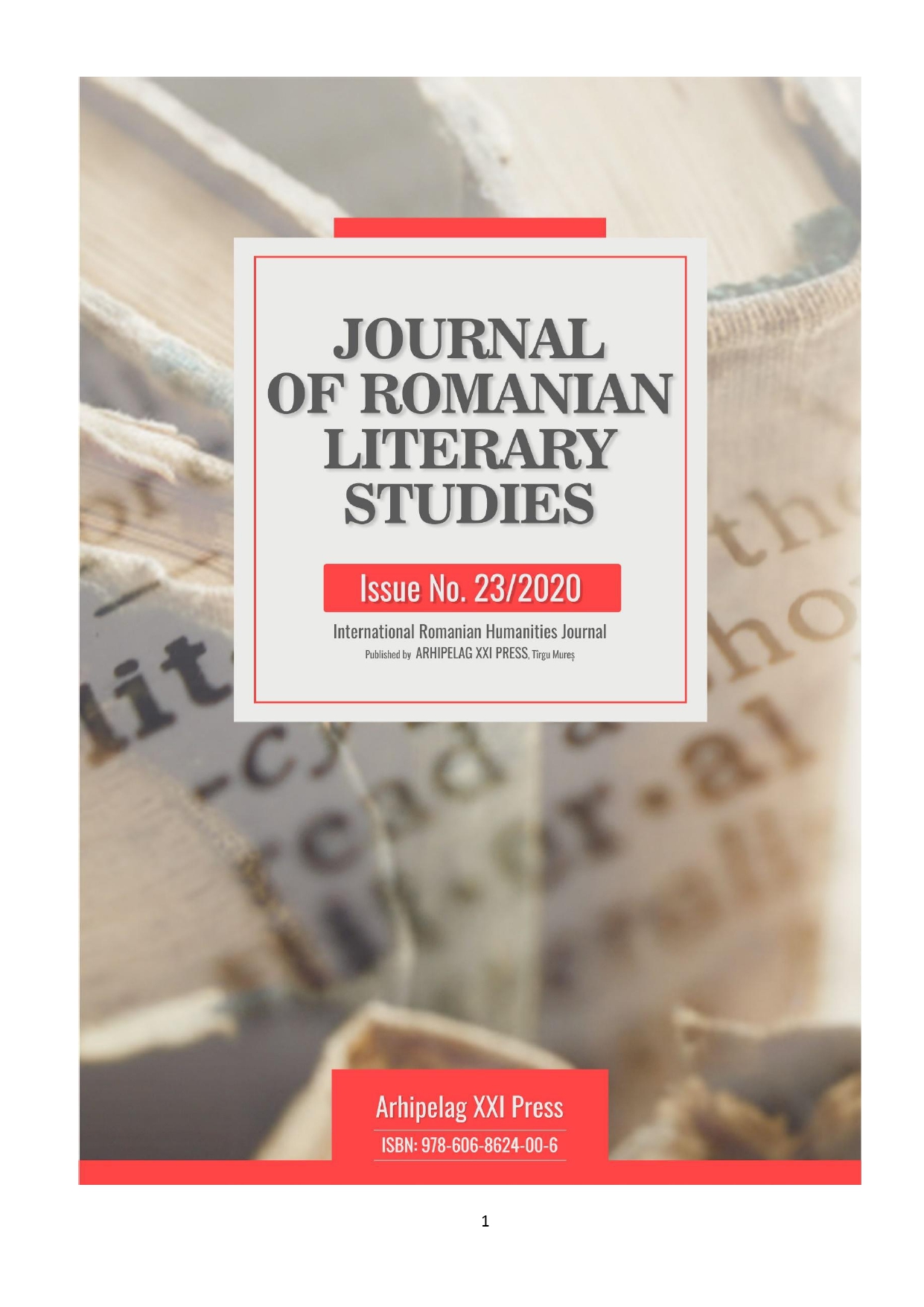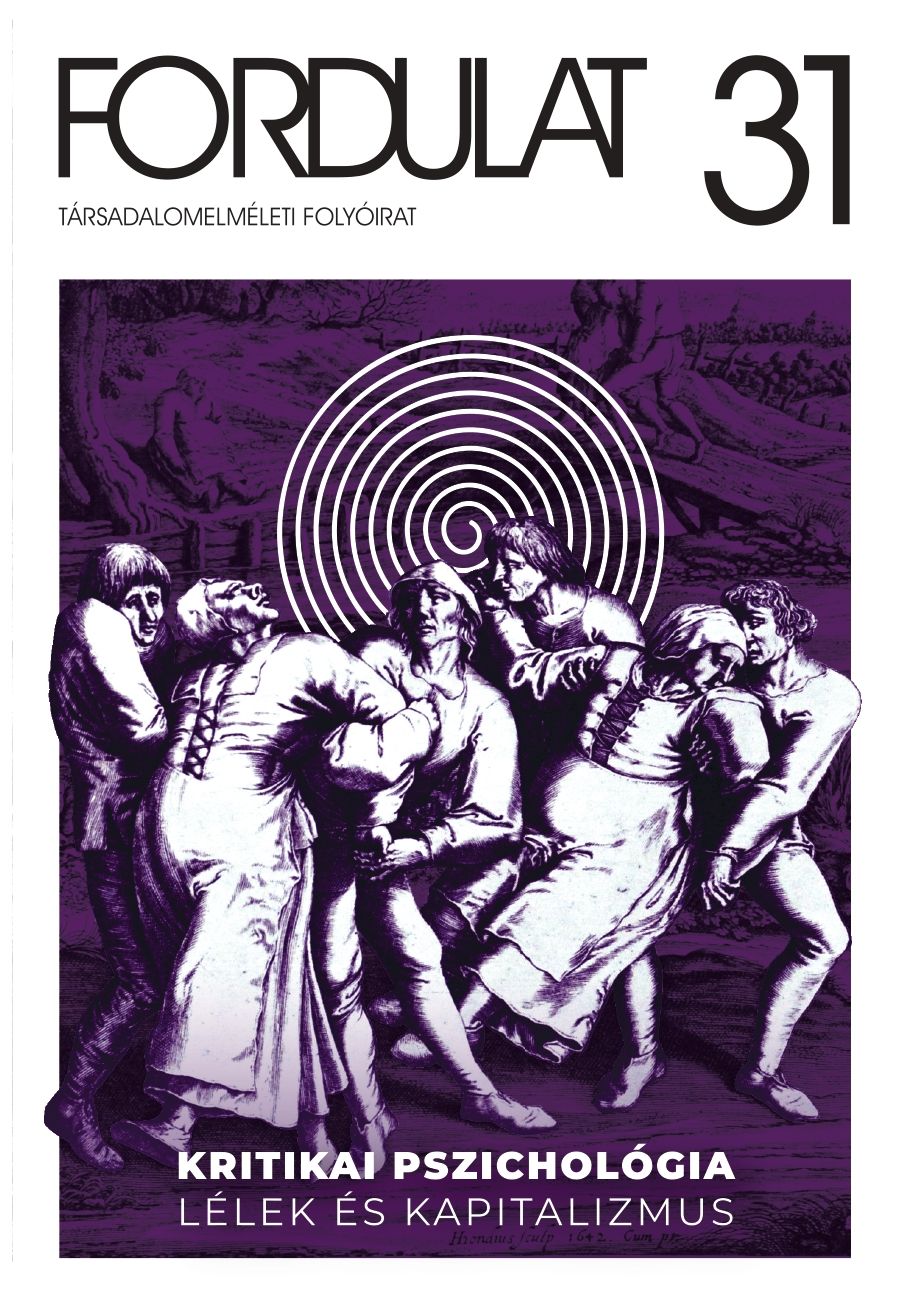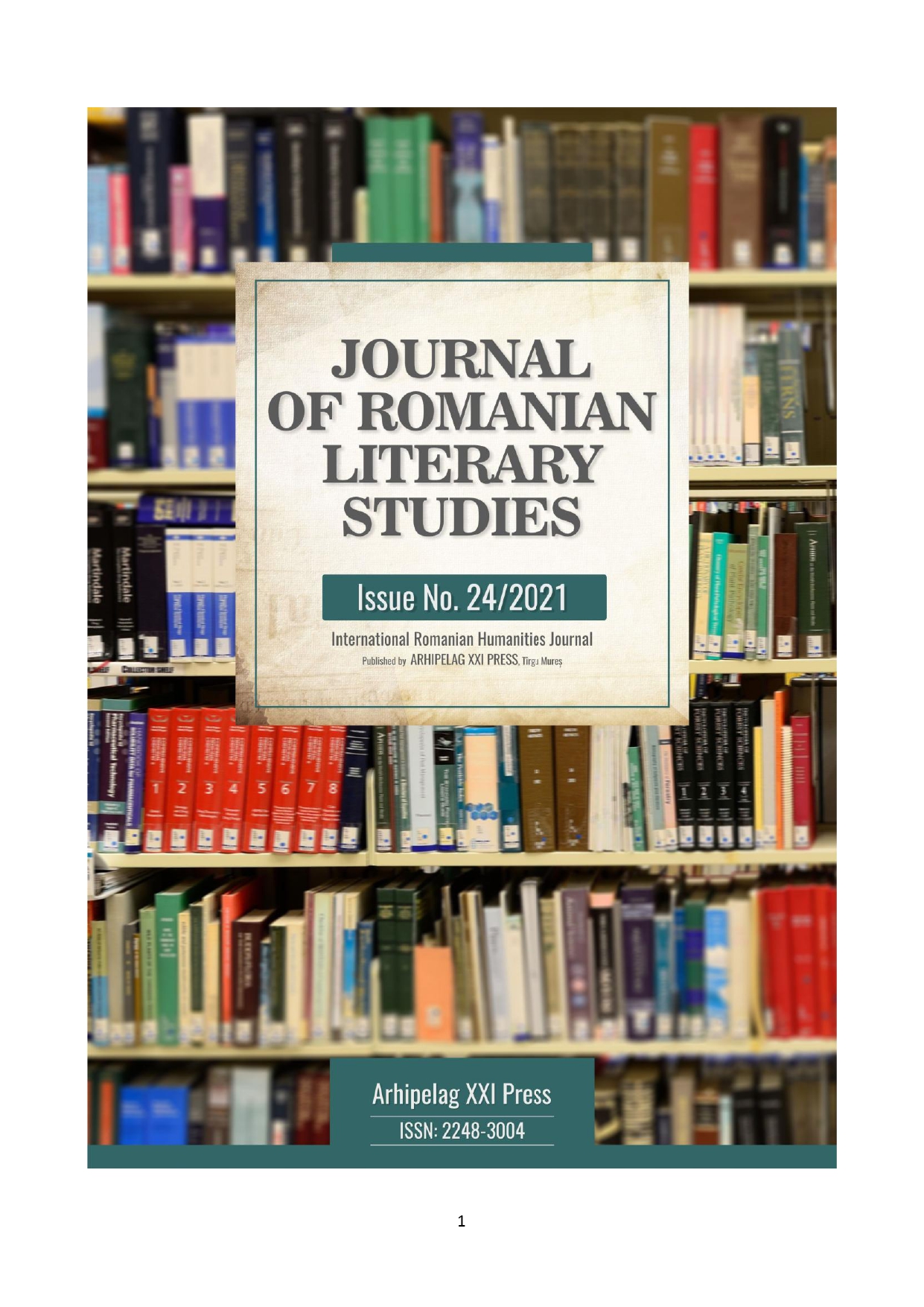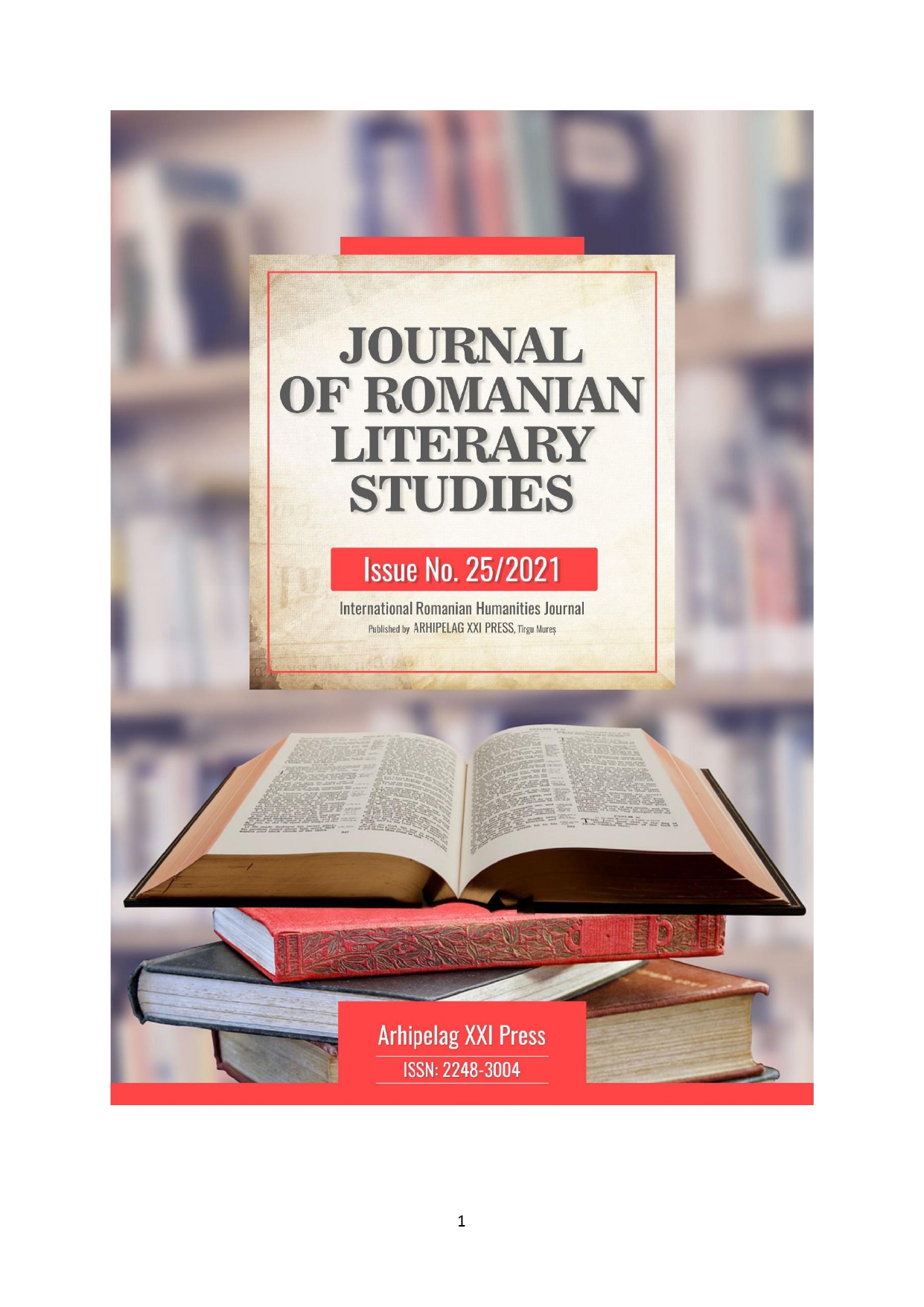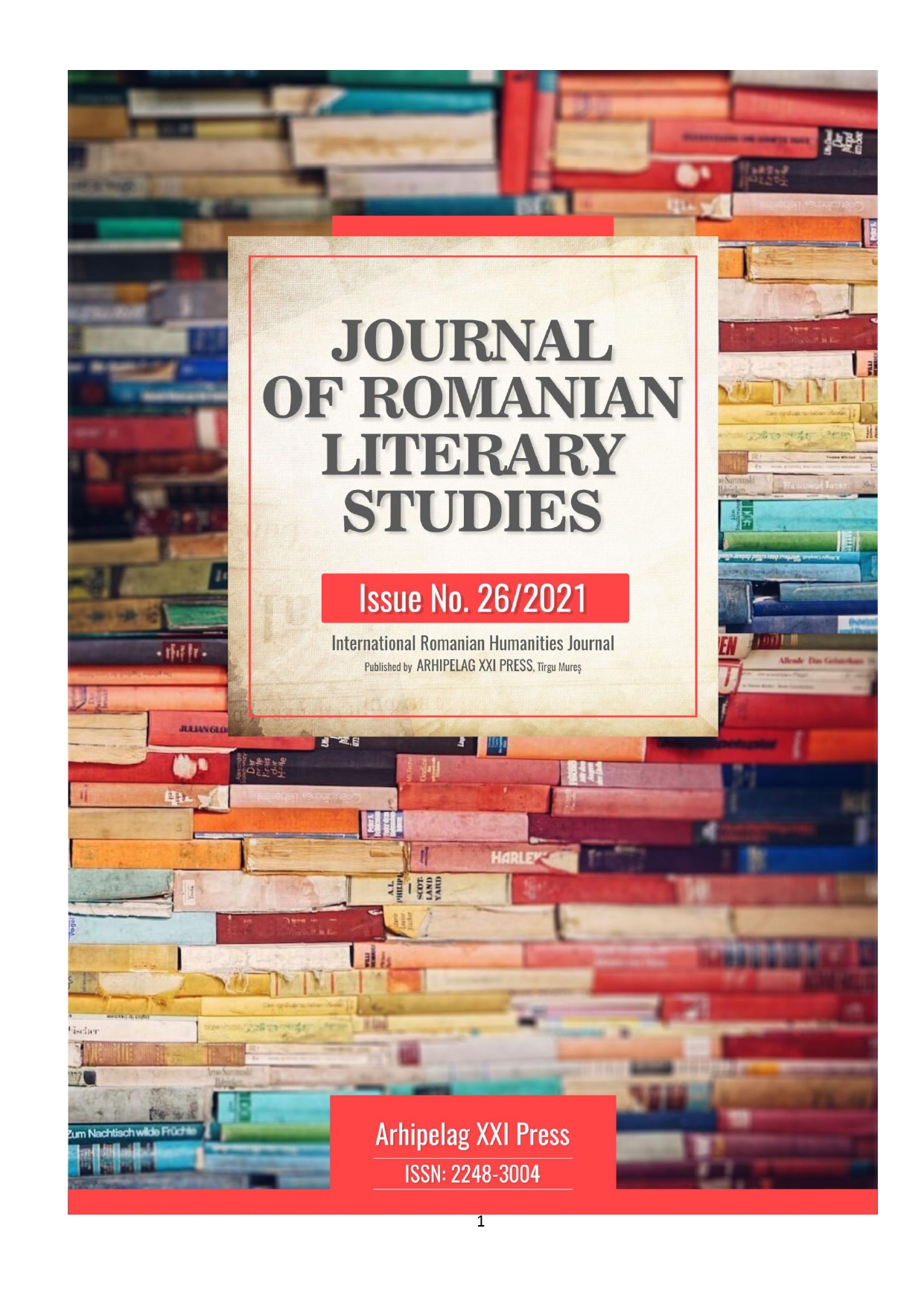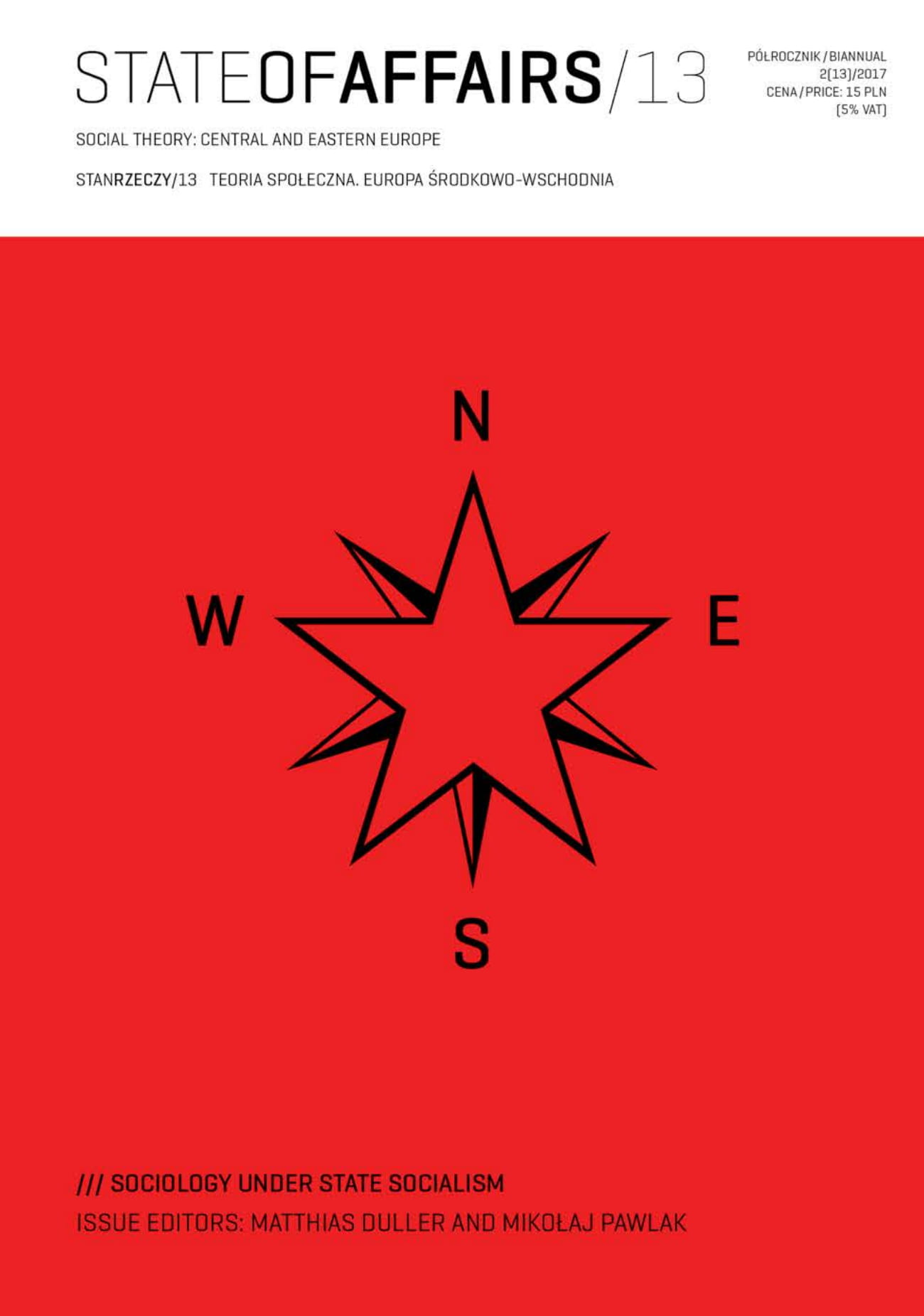
Neoliberalism and Civil Society: Swedish Exceptionalism in a Comparative Perspective – On the Conceptual and Real History of Civil Society
Social science is a battlefield for the formation of concepts. The Swedish case is particular. “Civil society” re-entered the scene as a neoliberal and social-conservative reaction against the social-democratic ideology of the “strong state,” in which the state and society were conceived to be almost synonymous. The Swedish revival of an old concept is in obvious contrast with the concept’s reception east of the Elbe in recent decades, where “civil society” has often been used as a label for grass roots social movements, which are independent of the state and the nomenklatura, in malfunctioning regimes with low legitimacy and poor output. This idea is lacking in the Swedish case, where we find a characteristic merger between the “top-down” and “bottom-up” perspectives. “Real, existing” civil society in Sweden has a long history. Self-organised initiatives sought support from the state and often received it – in some cases creating institutions that grew into stateagencies. Forestry, electrification, and early social insurance provide examples of the interplay between the state, the market, and society. Swedish civil society has deep roots in history, going back at least to late medieval days. Civil society was a formative element in the design of the relatively successful “Swedish model” through social engineering and piecemeal reforms during the period from the 1930s to the late 1960s.
More...
